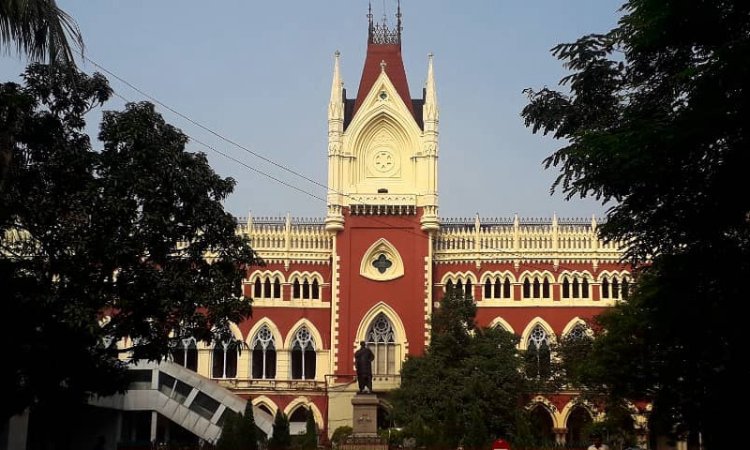Writ Court Cannot Re-appreciate Evidence Already Examined By Industrial Tribunal: Calcutta High Court
Rahul Garg
3 Oct 2022 12:45 PM IST

Next Story
3 Oct 2022 12:45 PM IST
The Calcutta High Court on Friday, while hearing an appeal filed by a workman under the Industrial Disputes Act, 1947 ('Act'), held that High Courts cannot interfere with awards passed by Tribunals by re-appreciating evidence already considered and examined by such Tribunals, unless the order passed by the Tribunal was wholly perverse and unless such order was a result of having acted on...
